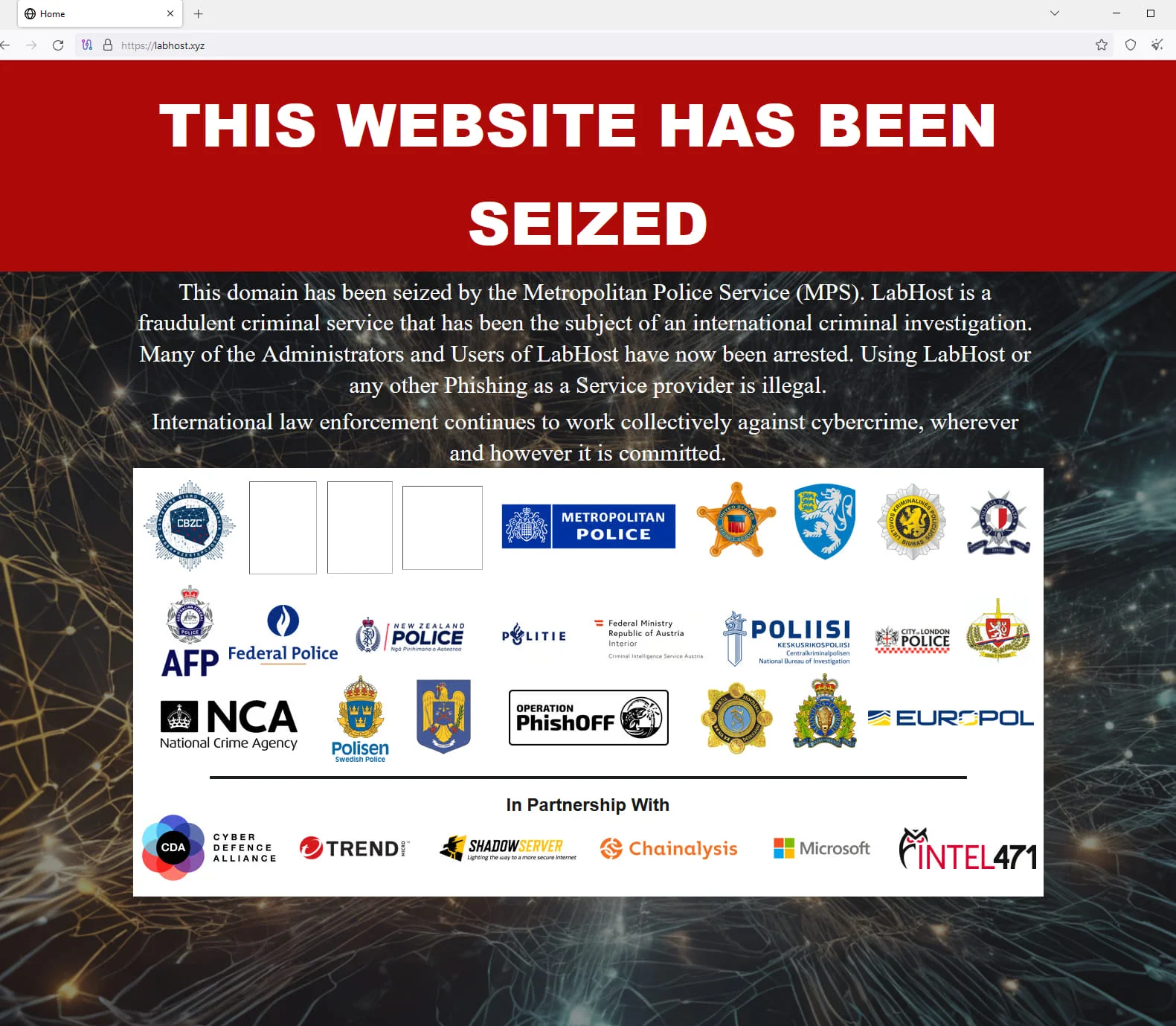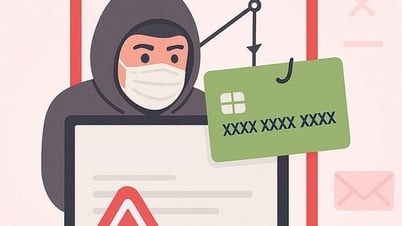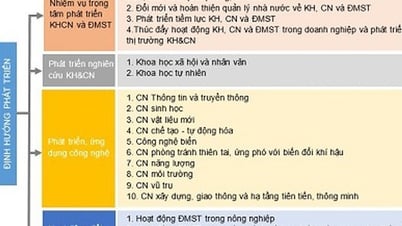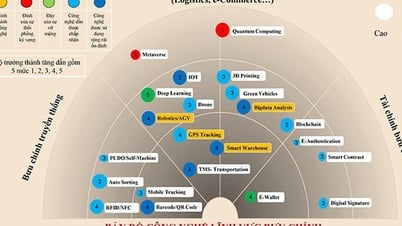
LabHost, launched in 2021, allows cybercriminals to pay monthly for access to a suite of phishing tools to launch attacks on banks and services in North America. LabHost also provides infrastructure to host phishing websites and automated phishing email generation and distribution tools, making it easy for even low-skilled individuals to attack targets.
In February, security firm Fortra warned that LabHost was growing into a powerful PhaaS platform, surpassing other players in the market. Nearly a year ago, Europol launched an operation that involved police forces and special investigators in 19 countries, as well as private sector partners such as Microsoft, Trend Micro, Chainalysis, Intel 471, and The Shadowserver Foundation.
According to Europol, the investigation found at least 40,000 fraudulent domains linked to LabHost with around 10,000 users worldwide . For an average monthly fee of $249, LabHost offers a wide range of illegal services that can be customized and deployed with just a few clicks.
Europol highlights a particularly powerful tool called LabRat, a real-time phishing admin tool that helps attackers obtain two-factor authentication tokens and bypass account protection layers.
Between April 14 and April 17, police around the world simultaneously raided 70 addresses and arrested 37 suspects related to LabHost. The Australian Joint Cyber Crime Coordination Center (JPC3) also took down 207 servers hosting fraudulent websites created through the LabHost service. In the UK, police announced the arrest of four suspects, including the “original developer of the platform.”
Before the takedown, authorities estimated that LabHost’s operators had collected $1,173,000 from users. Shortly after taking control of the infrastructure, 800 users were warned that they would be the subject of further investigations.
Investigators also discovered that LabHost had stolen approximately 480,000 credit cards, 64,000 PINs, and 1 million passwords from various online accounts.
(According to Bleeping Computer)
Source






































































































Comment (0)